Department of Electrical and Computer Engineering
At Ole Miss ECE, we educate future engineers in cutting-edge electrical and computer technologies. Our faculty conduct pioneering research, driving innovation in various fields. Through hands-on learning and industry connections, we prepare students for impactful careers, shaping the future of technology.
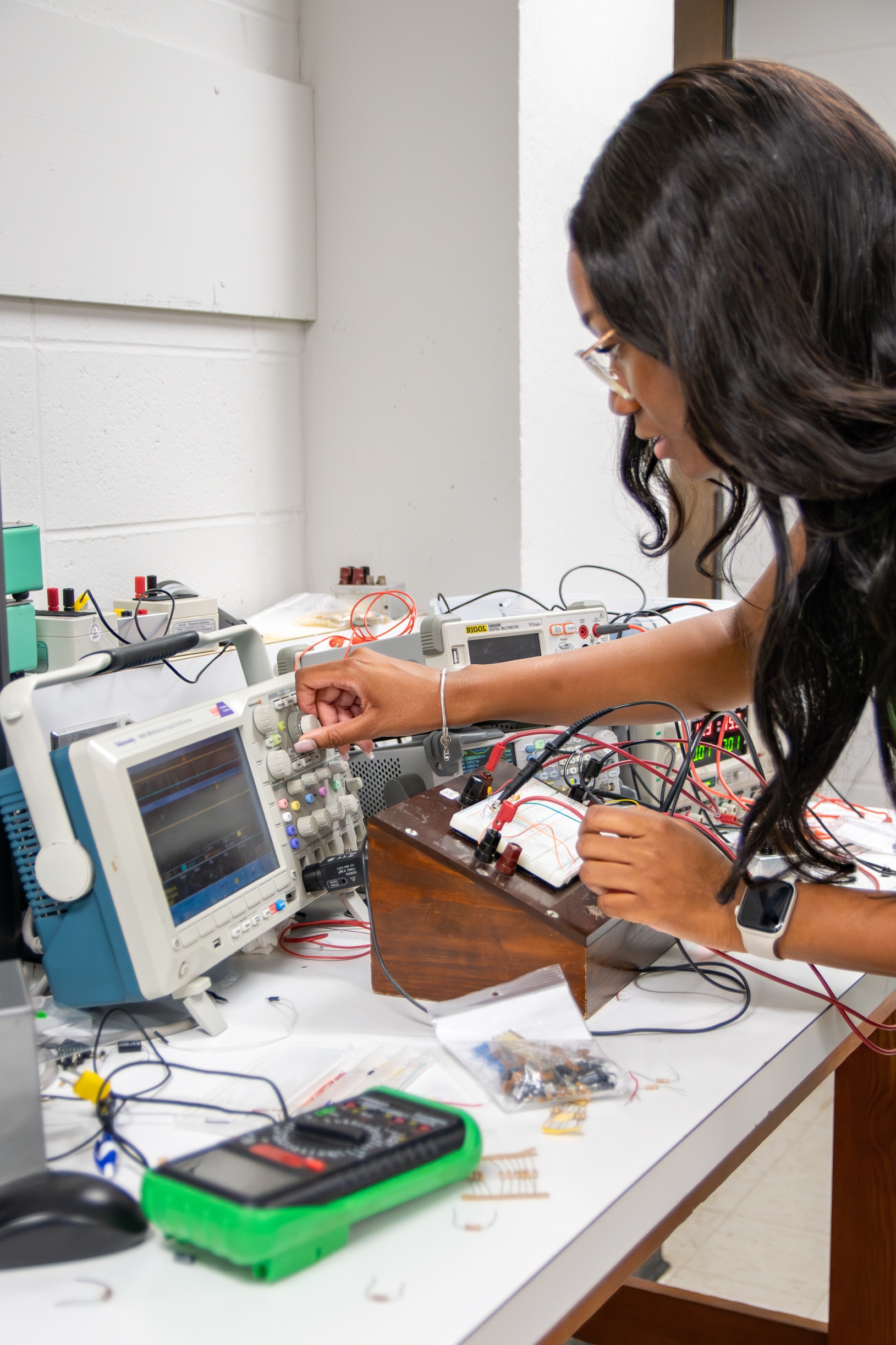
Great professors. Super research opportunities. Access to innovation.
That’s what you’ll find in electrical and computer engineering at Ole Miss.
With Ole Miss’s electrical and computer engineering programs, you’ll get the technical know-how, teacher support and alumni network to help you succeed. You’ll find our recent graduates working with 5G technologies, missile defense and space communications.
Electrical engineers use the physics and mathematics of electricity, electromagnetism and electronics to create, develop and test electrical equipment and systems.
Computer engineers build computing devices – everything from personal computers and supercomputers to systems in cell phones, household appliances and transportation.
Academic Programs
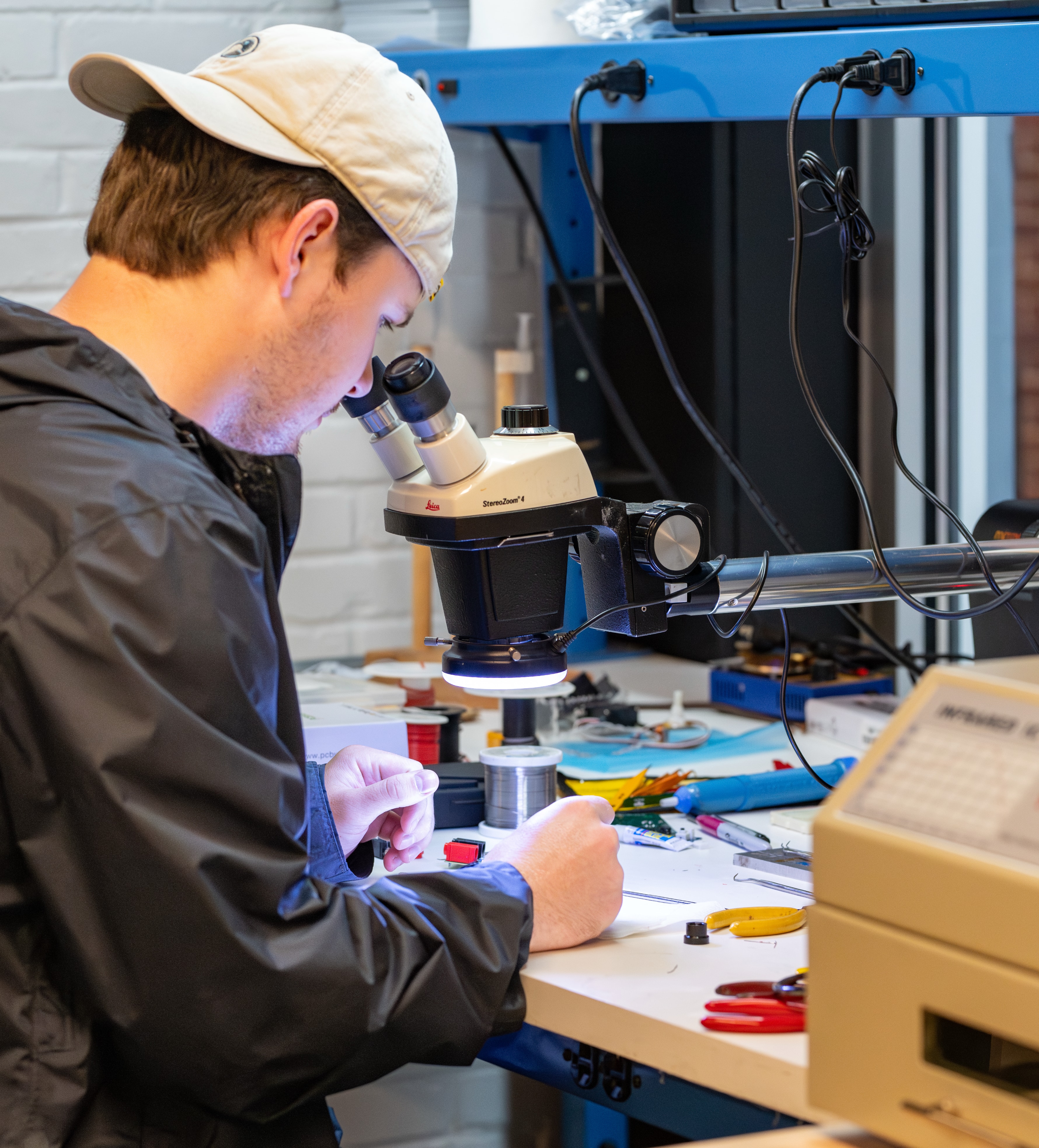
For Undergraduate Students
Learn more about our Bachelor of Science degrees in Electrical Engineering and Computer Engineering.
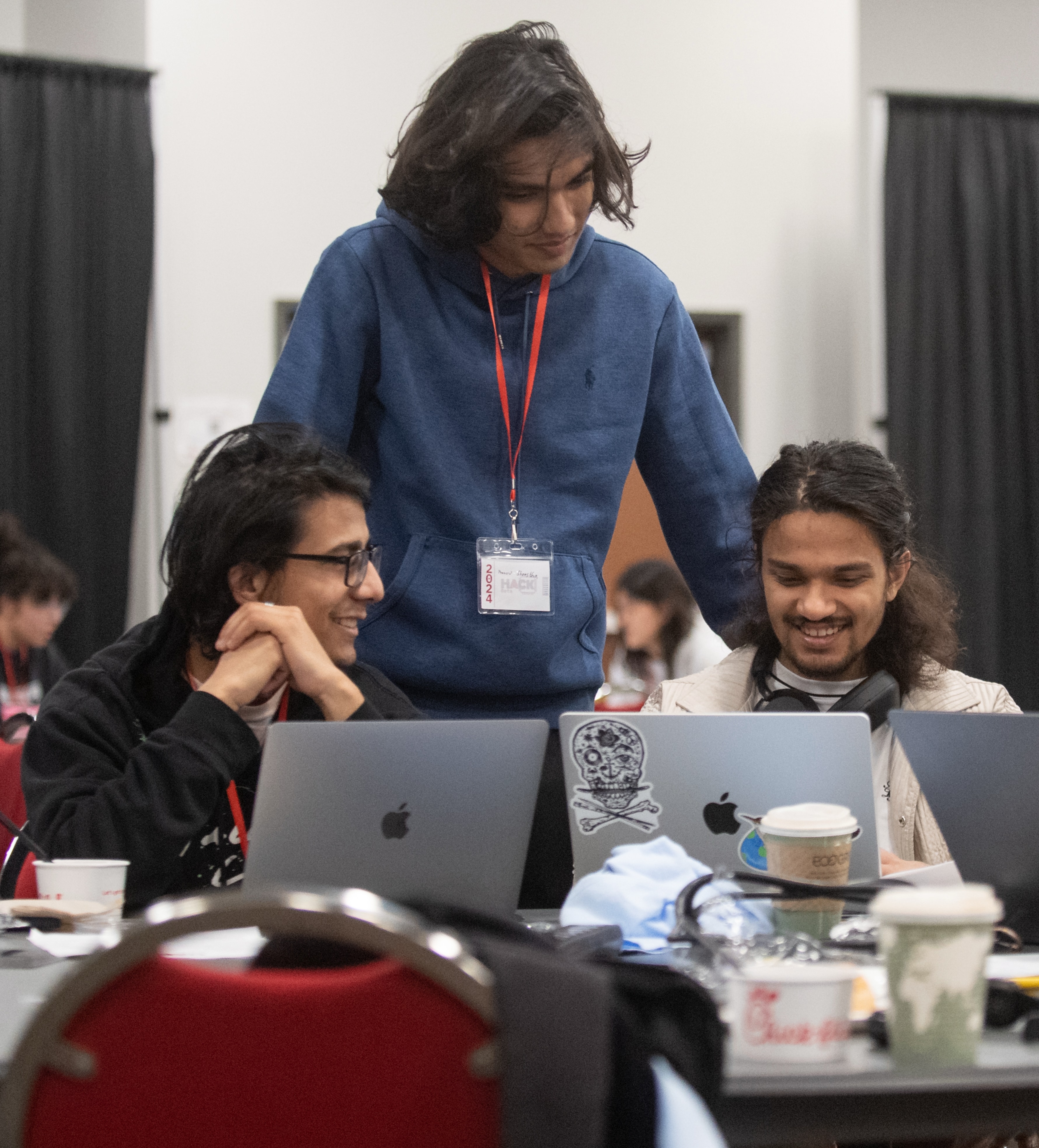
For Graduate Students
Learn more about the M.S. or Ph.D. in Engineering Science with an emphasis in computer engineering, electrical engineering, electromagnetics, and telecommunications (M.S. only).
-
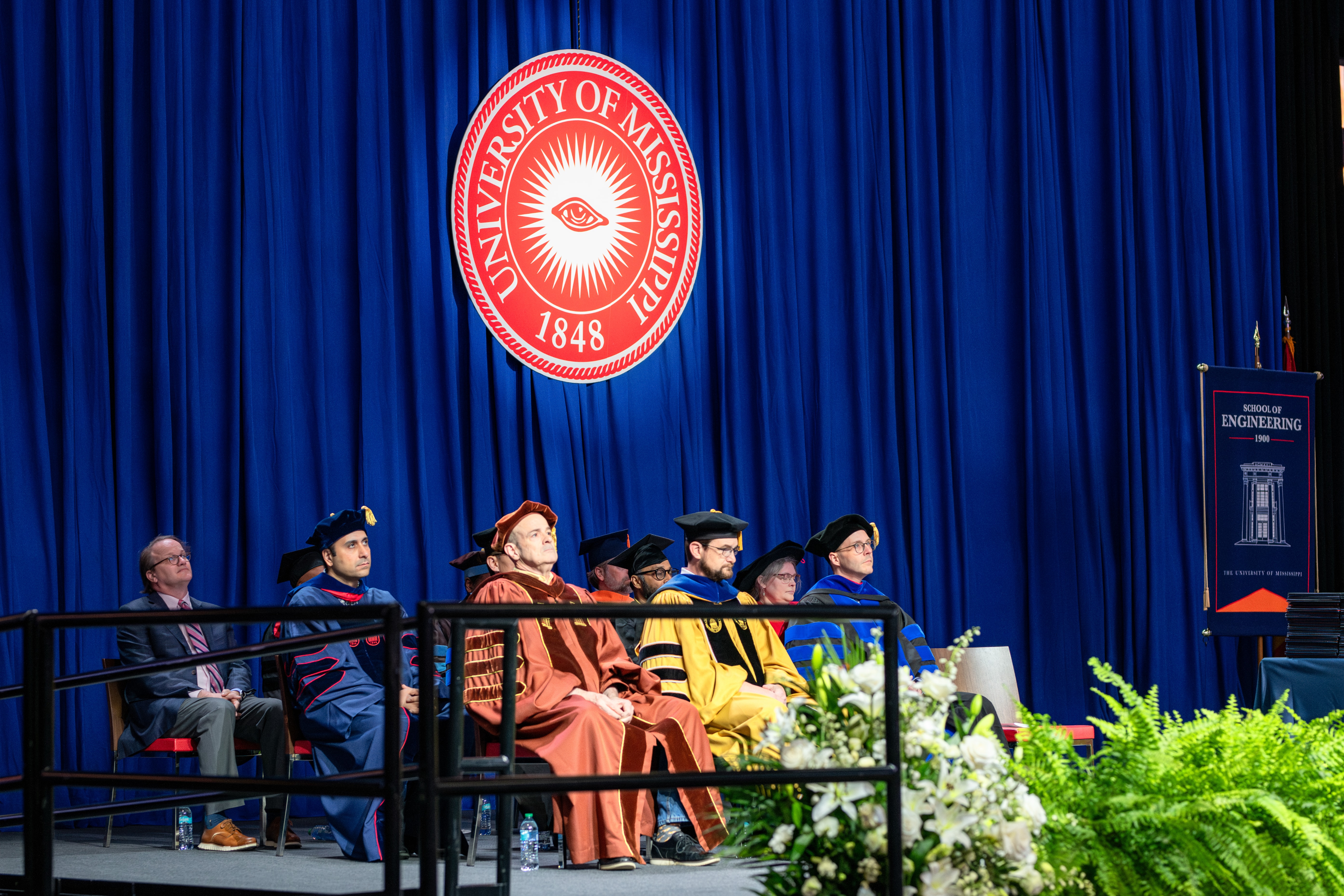
Meet the Electrical & Computer Engineering Faculty
Meet the dedicated faculty guiding and inspiring students in the Department of Electrical & Computer Engineering.
View All Faculty -
Help Support Electrical & Computer Engineering at Ole Miss
If you'd like to support the department in its work, please consider a tax deductible donation through the University of Mississippi Foundation.
Donate Now
Latest News
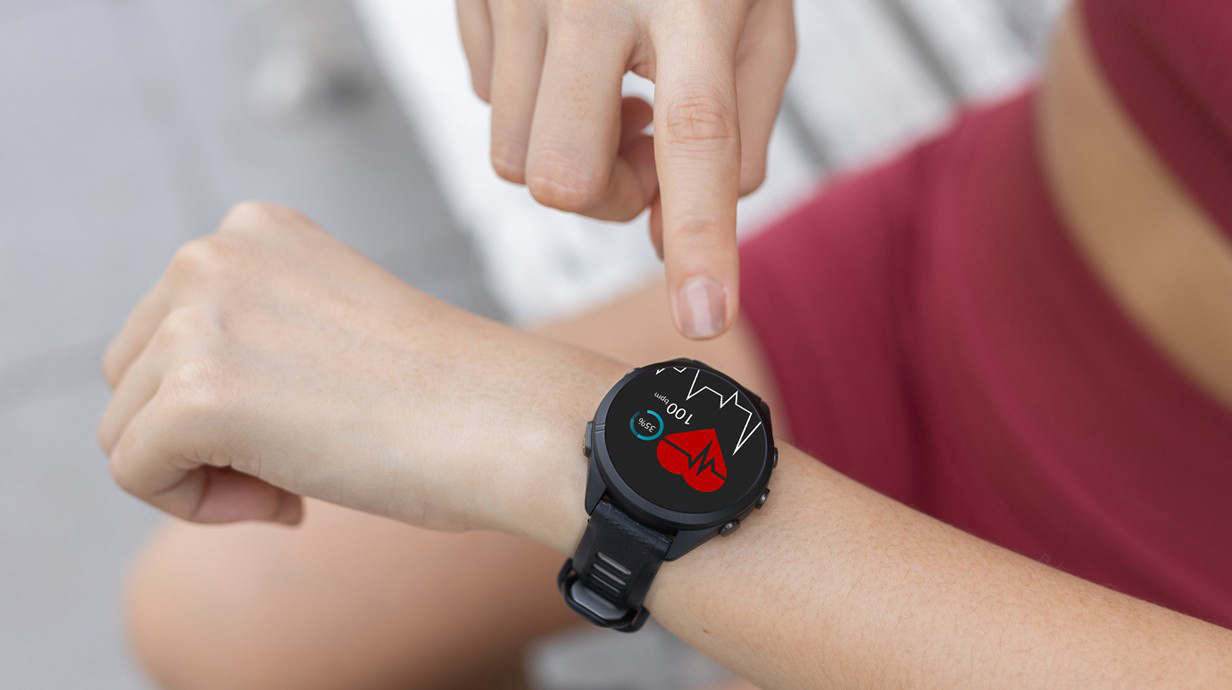
OXFORD, Miss. – Every second counts when it comes to detecting and treating heart attacks. That's where a new technology from the University of Mississippi may come in to identify heart attacks faster and more accurately than traditional methods.
-
Research News -
Research News -
Research News
